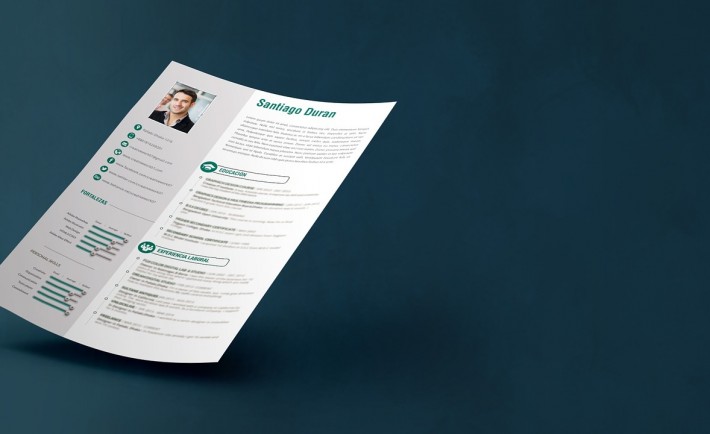Aaahh FREELANCING! What started as a theoretical idea became a reality with the launch of “e-lancer” websites such as Guru.com (1998) and Elance.com (1999). Back then, clients from around the world posted jobs that are bound to be completed after a day, a month or a year. The virtually connected e-lancers join together into temporary networks to sell goods and services. Once the network dissolves its e-lance members become independent contractors again.
Apart from its name, freelancing has evolved throughout the years. Freelancers today have the option to work on a full-time or a part-time basis as they are essentially self-employed. With the big players such as UpWork and Freelancer, the world of freelancing is more competitive than ever. A testament to that are the other websites that offer relatively “cheap” labor to a wide variety of global clients. Here are just some of them:
1. CODEABLE
Codeable is unique in every sense as it focuses on the outsourcing services for WordPress. This niche site started back in 2012 and has since grown due to its dedication to hire excellent WordPress developers. These developers are then connected to the clients that are in need of on-demand website support.
2. PROJECT4HIRE
Project4Hire aims to meet the outsourcing needs of small business owners, individual webmasters, and large companies due to its variety of professionals. With hundreds of project categories, it makes it easy to determine jobs that suit your skill sets.
3. TOPTAL
Toptal’s approach to outsourcing is different as only the top 3% of applicants are allowed to be on the site. Toptal is sure to reward your prowess with meaningful projects and fair compensations from renowned clients such as Airbnb and J.P. Morgan.
4. 99 DESIGNS
Originally from Australia, 99 Designs became one of the world’s largest online graphic design marketplaces. They have been connecting designers to customers who are in need of quality yet affordable designs. If you have always been good and passionate at Photoshop or any graphic design tools then 99 Designs is perfect for your skills. Simply enter t-shirt, logo, website, and print design contests to win and earn money.

Image Credits: www.pixabay.com
As you explore freelancing as a viable career option, do not forget the important factors such as time, effort, and cost!










